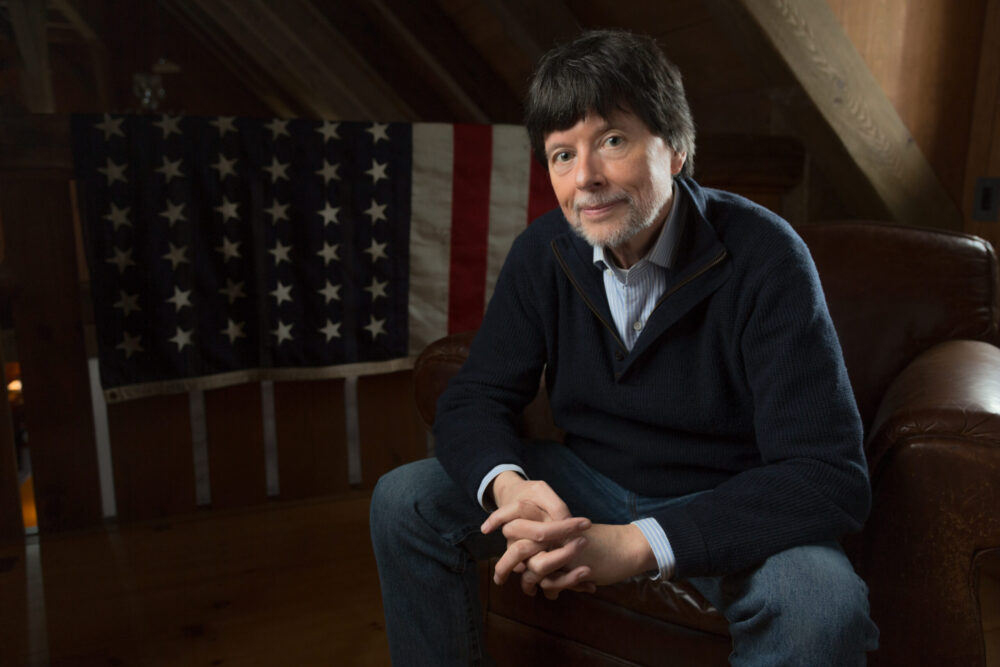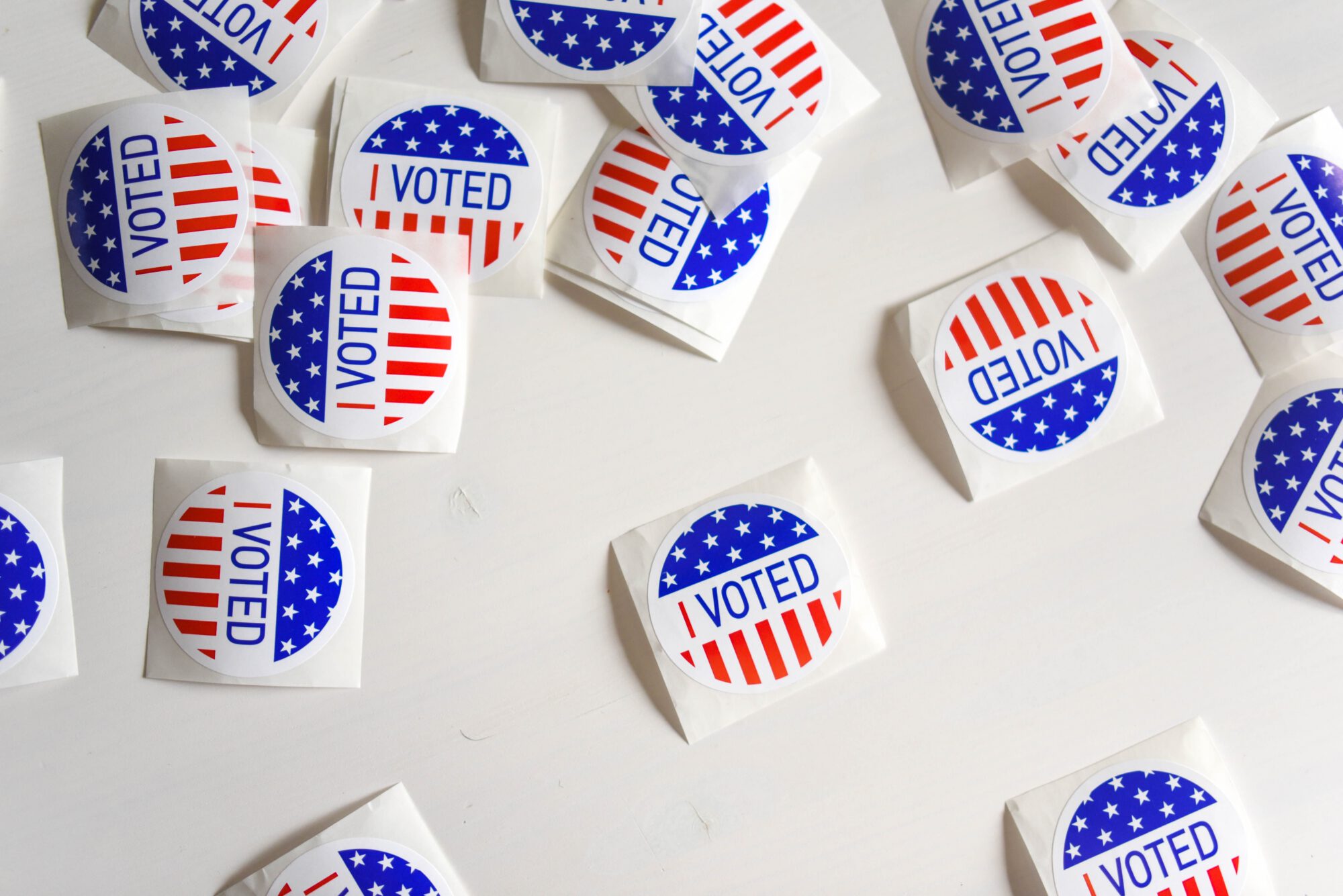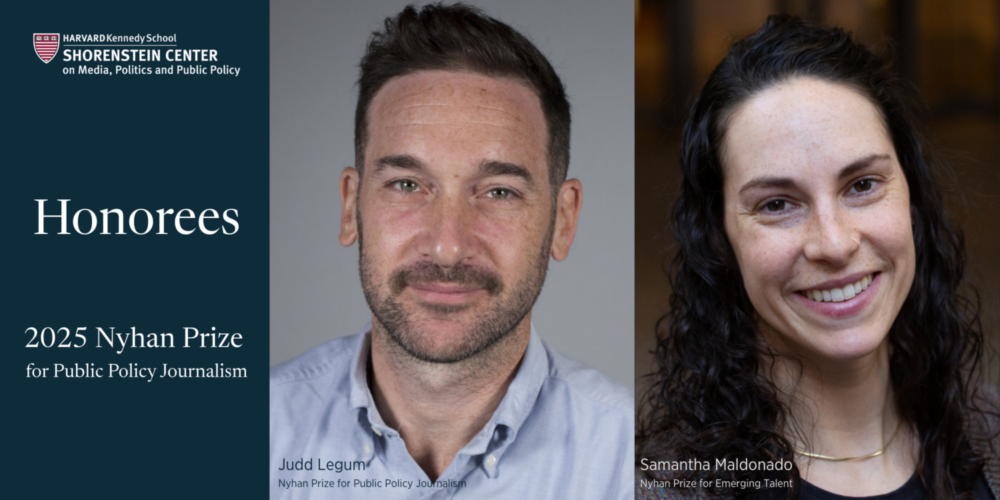
Center News
Ken Burns to give Theodore H. White Lecture on Press and Politics
Newsletter

The 2018 Midterm Elections were historic in the number of women and people of color elected to congress. They were also notable for the changes in how people voted, who voted, and what that says about the future of U.S. politics and the sate of the media in this country.
Below is a roundup of reactions and analysis from the Shorenstein Center’s faculty, staff, and fellows.
More than anything else, I was heartened by the turnout; preliminary numbers suggested about 113 million people voted, compared with 83 million in the last midterms; that’s the highest in half a century. That suggests that people care that their voice is heard, a healthy sign in a democracy under stress, such as ours. But it also meant a spike in early, absentee and provisional ballots, which take longer to count and meant that the results Tuesday night were incomplete. Journalists may need to re-think their real-time analysis, if their commentary reflects just the early returns, not the actual ones.
Nancy Gibbs
Visiting Edward R. Murrow Professor of Press, Politics and Public Policy
Former Editor in Chief of TIME
Beyond the high-profile wins connected to progressive activist organizing, like that of Alexandra Ocasio-Cortez (D-NY), criminal justice, feminist, and gun control activists saw hopeful and important wins last week in several states. In Florida, grassroots activist organization The Dream Defenders, who are a part of the coalition who worked to pass Amendment 4, saw a huge win in restoring the voting rights to 1.4 million citizens who have completed terms after felony convictions. Other criminal justice wins happened in Louisiana (Amendment 2), Colorado (Amendment A), Washington (I-940) and Michigan (Prop 1).
Lucy McBath’s (D) Congressional win in Georgia is significant given her role as one of the “Mothers of the [Black Lives Matter] Movement.” Her teenage African American son Jordan Davis was murdered by a white man for playing loud music in 2012, and McBath has been an outspoken gun control activist. And while not all of the record-breaking 100 women elected to Congress have progressive or feminist politics, many of their campaigns were rooted in intersectional feminist organizing. They include the first Muslim American (MI and MN) and Native American (KS and NM) women elected to congress, and an upsurge of activist-backed, pro-choice women elected in Nevada.
Regardless of the final outcomes of the Gillum (D) – DeSantis (R) race in Florida, Abrams (D) – Kemp (R) race in Georgia, and O’Rourke (D) – Cruz (R) race in Texas, it is a hopeful sign to activists who supported the Democratic candidates in these races, and whose demands on issues around police reform and immigration became central talking points in these candidate’s campaigns, that such notable inroads were made.
Sarah J. Jackson, PhD
Fall 2018 Joan Shorenstein Fellow
Associate Professor of Communication Studies, Northeastern University
Now that the midterm elections are largely over, journalists might have time to reflect on their coverage of those races. New research finds that journalists who covered congressional races during the last midterms were more likely to rely on academic experts when they wrote about elections as a competitive game than when they focused on substantive policy issues. News outlets may also want to consider a newly published study that suggests “horse race” or “game frame” reporting increases the public’s cynicism toward politics and the news media.
Denise-Marie Ordway
Managing Editor of Journalist’s Resource
It was encouraging to see so many more people participate in this midterm election—including record turnout among young people. We’re still far below where we need to be, but it does tell me that people are more civically engaged and understand what’s at stake when we don’t participate.
My hope is that this civic consciousness will continue to grow and translate not just to our next election but to our 2020 census as well.
Kyla Fullenwider
Entrepreneurship Fellow at the Shorenstein Center
Former Chief Innovation Officer at the U.S. Census Bureau
On election day, misinformation centered around two themes: misdirection about voting day and voting location. In addition, there were sporadic reports about problems with voting, long lines, broken machines, and other issues, but nothing significant that gained traction or led to widespread confusion. With election day now over, attention has turned to Florida’s vote count and recount. We’re seeing a wide variety of misinformation about the completion of the original vote count, viral videos spreading concerns about mishandling of ballots, and variations on the idea of “found ballots.” One widely shared piece of misinformation centers on a 2012 story about 200,000 non-citizens voting in Florida, which continues to spread despite having been debunked. We’re preparing a briefing newsletter around the issues in Florida, as well as outstanding concerns in both Georgia and Arizona.
The ID Lab Team
The 2018 midterm campaign put two popular hypotheses to the test:
- The Alien Hypothesis: This notion was first forwarded on November 9, 2016, the day after the presidential election. It held that creatures from another galaxy had descended upon the United States to cast just enough ballots in Michigan and Wisconsin to swing the race in Donald Trump’s direction. After the election, they returned to outer space to build the first Trump Tower on extraterrestrial soil.
- The Reprisal Hypothesis: This notion held that Democratic cousins of the original aliens descended upon the U.S. to ensure that party’s control of the House of Representatives, after which they returned to outer space to vacation in the newly opened Trump Tower.
Enough scientific evidence has now been gathered to reject both hypotheses. It turns out that it was Americans, not aliens, that got Donald Trump elected and another group of Americans that turned the House blue. From all reports, neither the 2016 Americans nor the 2018 Americans is leaving town. It is time for all Americans to acknowledge that fact and, perhaps, to reach out to one another.
Roderick P. Hart. PhD
Fall 2018 Joan Shorenstein Fellow
Shivers Chair in Communication and Professor of Government, University of Texas at Austin

Center News

Center News

Center News